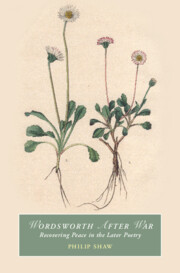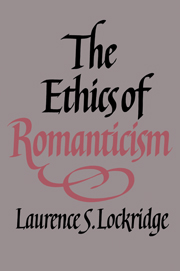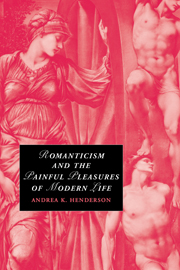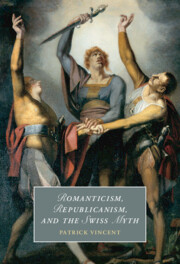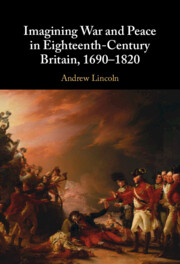Romanticism and the Biopolitics of Modern War Writing
£85.00
Part of Cambridge Studies in Romanticism
- Author: Neil Ramsey, UNSW, Canberra
- Date Published: February 2023
- availability: Available
- format: Hardback
- isbn: 9781009100441
£
85.00
Hardback
Other available formats:
eBook
Looking for an inspection copy?
This title is not currently available on inspection
-
Military literature was one of the most prevalent forms of writing to appear during the Romantic era, yet its genesis in this period is often overlooked. Ranging from histories to military policy, manuals, and a new kind of imaginative war literature in military memoirs and novels, modern war writing became a highly influential body of professional writing. Drawing on recent research into the entanglements of Romanticism with its wartime trauma and revisiting Michel Foucault's ground-breaking work on military discipline and the biopolitics of modern war, this book argues that military literature was deeply reliant upon Romantic cultural and literary thought and the era's preoccupations with the body, life, and writing. Simultaneously, it shows how military literature runs parallel to other strands of Romantic writing, forming a sombre shadow against which Romanticism took shape and offering its own exhortations for how to manage the life and vitality of the nation.
Read more- Provides a thorough analysis of the formation of modern war writing in the Romantic era and the relationship of this writing to Romantic aesthetics, drawing the study of war writing into conversation with the broader study of writing and print culture during the Romantic period
- Develops what Jacques Rancière terms an 'indisciplinary' approach to literary analysis, that unites the thought of Rancière with that of Michel Foucault and thus introduces both in an accessible yet insightful manner
- Demonstrates the theoretical significance of biopolitics in the study of Romantic culture, offering insights into how biopolitics operates in the Romantic period and showing the importance of military thought in the development of its surrounding ideas
Customer reviews
Not yet reviewed
Be the first to review
Review was not posted due to profanity
×Product details
- Date Published: February 2023
- format: Hardback
- isbn: 9781009100441
- length: 250 pages
- dimensions: 235 x 155 x 21 mm
- weight: 0.6kg
- availability: Available
Table of Contents
Introduction: Romanticism and the Bio-aesthetics of the Military Literary World
1. Writing and the Disciplinarisation of Military Knowledge
2. Strategy in the Age of History: Henry Lloyd's Sublime Philosophy of War
3. Robert Jackson's Medicalisation of Military Discipline
4. More a Poet than a Statesman: The Epic Vigour of Charles Pasley's Military Policy
5. Thomas Hamilton's Wordsworthian Novel of War: Sexuality, Wounding and the Bare Life of the Soldier
Afterword: Trauma, Security and Romantic Counter-Strategies
Bibliography.
Sorry, this resource is locked
Please register or sign in to request access. If you are having problems accessing these resources please email [email protected]
Register Sign in» Proceed
You are now leaving the Cambridge University Press website. Your eBook purchase and download will be completed by our partner www.ebooks.com. Please see the permission section of the www.ebooks.com catalogue page for details of the print & copy limits on our eBooks.
Continue ×Are you sure you want to delete your account?
This cannot be undone.
Thank you for your feedback which will help us improve our service.
If you requested a response, we will make sure to get back to you shortly.
×

